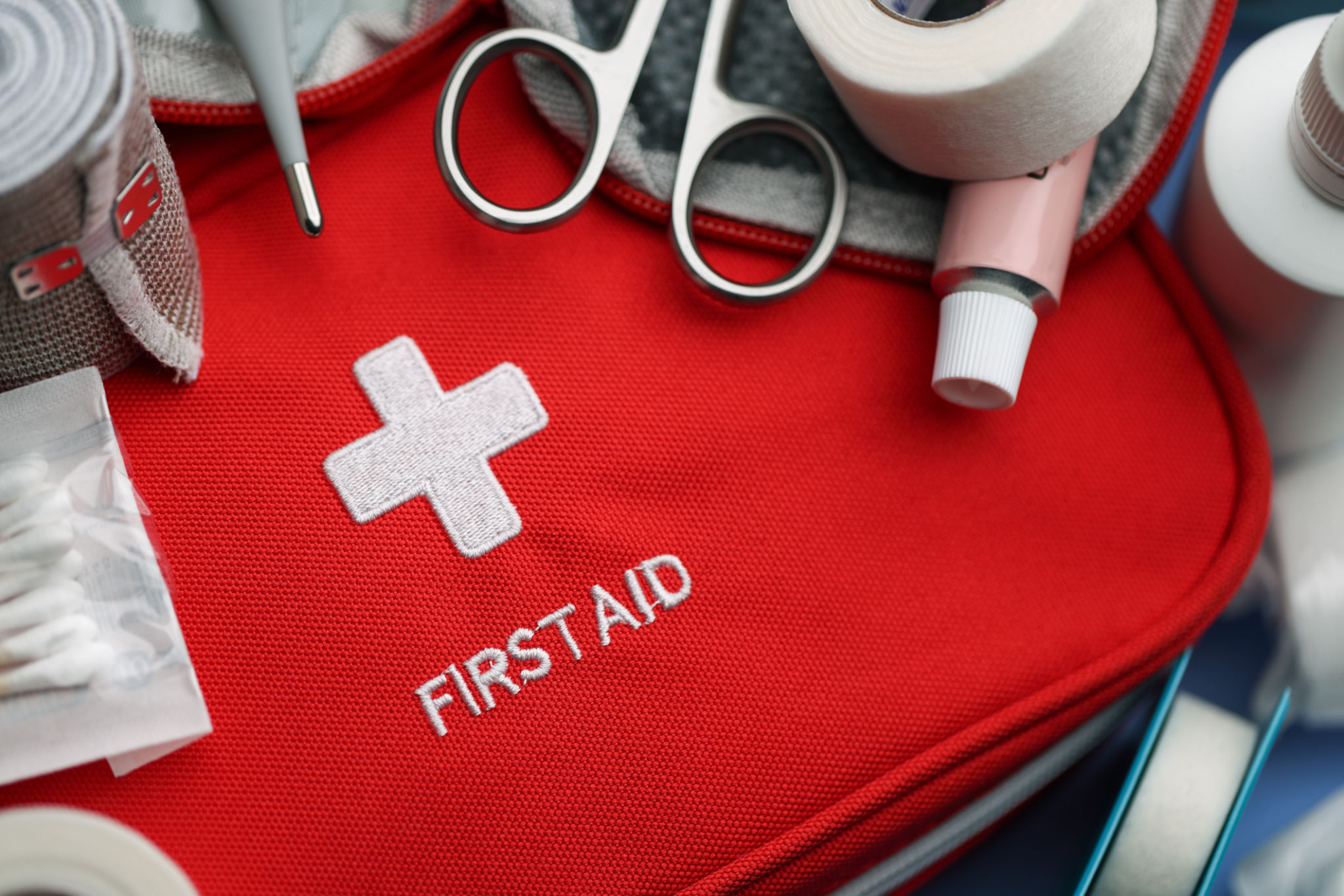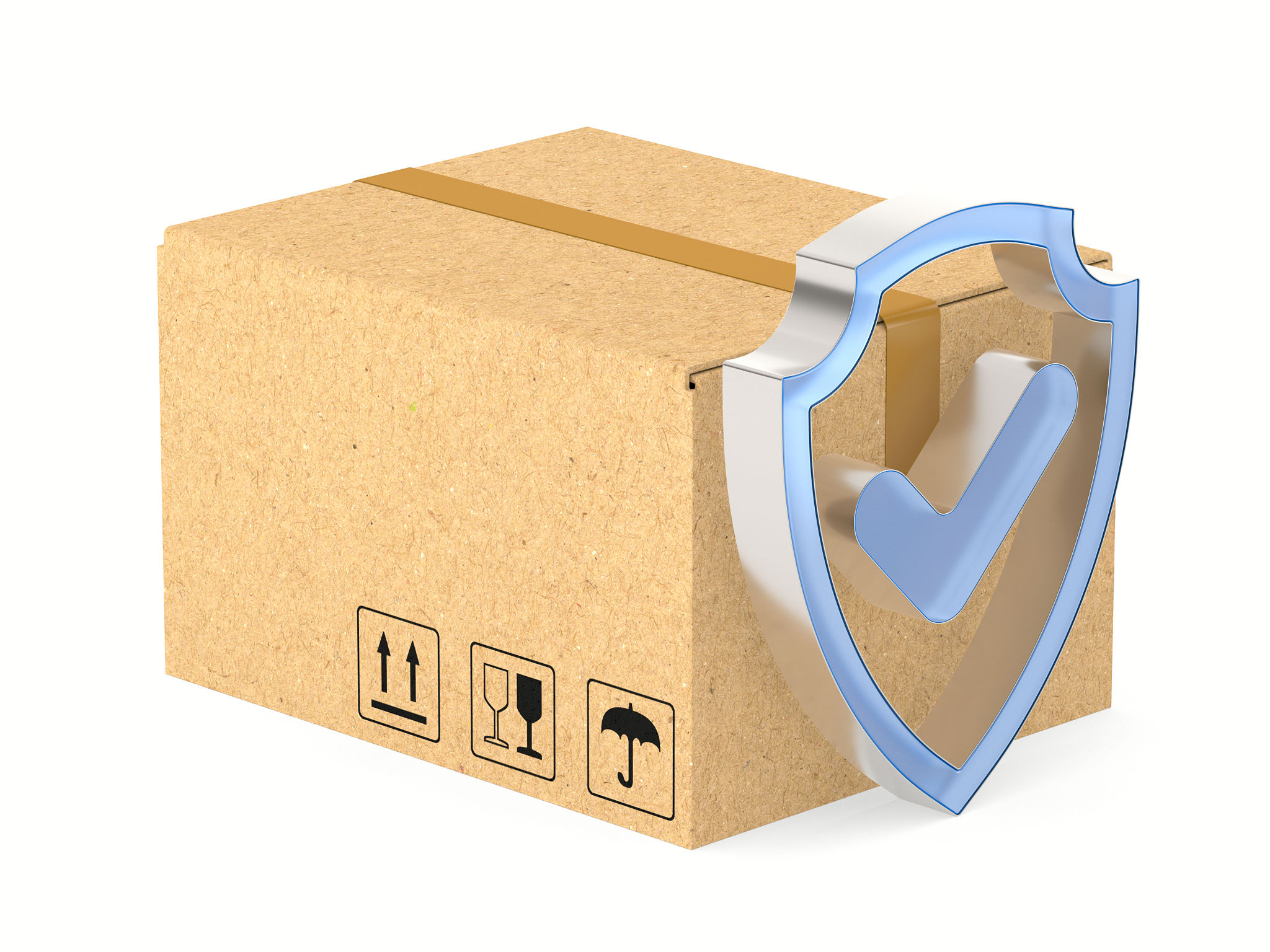- Home
- Truck & Trailer Repair Services
- Jump Start Service
- Truck Repair
- Trailer Repair
- Truck Road Service
- Mobile Rv Repair
- Mobile Auto Repair
- Service Areas in Palm Beach County
- 24/7 Semi-Truck Road Service & Mobile Truck Repair
- Freightliner Road Service
- Peterbilt Truck Repair
- Boca Raton, FL
- Fleet Services
- Fleet Truck Service West Palm Beach
- Dot Inspections West Palm Beach
- Mobile Diesel Mechanic
- Freightliner Truck Repair & Service
- Hino Truck Repair
- Kenworth Truck Repair
- Volvo Truck Repair
- Diesel Mechanic Service
- DPF Services
- Mobile Fleet Services West Palm Beach
Preparing Your Semi-Truck for Hurricane Season in Florida
Understanding the Risks of Hurricane Season
Hurricane season in Florida is a significant concern for all drivers, especially those operating semi-trucks. The season, which spans from June to November, brings with it unpredictable weather challenges. High winds, heavy rains, and potential flooding can pose serious risks. It's crucial for truck drivers and fleet managers to be prepared to ensure the safety of both the driver and the cargo.

Check Your Vehicle's Condition
Before hurricane season begins, conduct a comprehensive inspection of your semi-truck. This includes checking the brakes, tires, lights, and windshield wipers. Ensure that all parts are in top condition and that there are no signs of wear and tear that could be exacerbated by harsh weather conditions. Regular maintenance checks are vital to prevent breakdowns during a storm.
Equip Your Truck with Essential Supplies
Preparation is key when it comes to dealing with hurricanes. Make sure your truck is stocked with essential supplies such as non-perishable foods, water, first aid kits, and flashlights. Additionally, it's wise to have an emergency toolkit that includes jumper cables, extra fuses, and basic repair tools. These supplies will help you stay safe and self-sufficient if you get caught in a storm.

Plan Your Routes Carefully
During hurricane season, it's crucial to plan your routes with the weather in mind. Monitor weather forecasts regularly and adjust your routes to avoid areas affected by severe weather conditions. Utilize traffic and weather apps that provide real-time updates and alerts to help you navigate safely. Remember, it's better to delay a delivery than to risk driving through a dangerous storm.
Secure Your Cargo Properly
A key aspect of preparation is ensuring that your cargo is securely fastened. High winds can cause unsecured loads to shift, posing risks not only to your truck but also to other road users. Use quality straps and ties, and double-check all connections before hitting the road. Properly securing your load helps maintain vehicle stability during adverse weather conditions.

Stay Informed and Connected
Communication is critical during hurricane season. Keep in touch with your dispatcher and other drivers to stay updated on changing conditions. Use reliable communication tools like CB radios or mobile apps designed for truckers. Staying connected will ensure you receive timely information and support when needed.
Know When to Pull Over
Despite careful planning, there may be times when conditions are too dangerous to continue driving. Knowing when to pull over can save lives. Identify safe places where you can park your semi-truck if the weather worsens suddenly. Look for truck stops or rest areas where you can take shelter until it's safe to resume your journey.
Review Insurance and Documentation
Before heading out during hurricane season, review your insurance policy and ensure all documentation is up-to-date. This includes registration, insurance papers, and any permits required for your route. Having all documents in order will help you handle any situation that may arise if your truck is damaged during a storm.

Final Thoughts on Hurricane Preparedness
Preparing your semi-truck for hurricane season in Florida requires a proactive approach. By taking the necessary precautions and staying informed, you can safeguard yourself, your cargo, and your vehicle from the adverse effects of hurricanes. Remember, safety should always be your top priority.